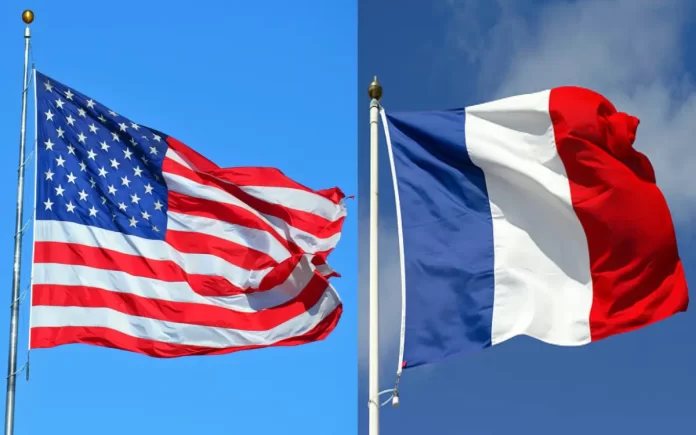London: At the recent G7 summit, held amidst heightened tensions due to the Russian invasion of Ukraine, French Finance Minister Bruno Le Maire publicly voiced opposition to a proposal put forth by US Treasury Secretary Janet Yellen. The proposal suggested the confiscation of frozen Russian assets, revealing significant discord within the Group of Seven nations regarding their approach to addressing the ongoing crisis, as reported by Reuters.
Diverging Perspectives on International Law
Following a meeting of G7 finance ministers, Le Maire articulated France’s stance, emphasizing the absence of a consensus in international law to support the US proposal. He stressed the importance of garnering broader international support, particularly from G20 countries, which include Russia and China, before taking such drastic measures.
“This is not necessarily a confrontation. We continue behind-the-scenes discussions aimed at achieving a common goal, which is to find measures that comply with international law,” stated Masato Kanda, Japan’s Vice Minister of Finance for International Affairs.
Navigating the Debate Over Russian Assets
The fate of Russian sovereign assets, frozen in response to the invasion of Ukraine in February 2022, has been under deliberation by the G7 for over a year. Despite ongoing discussions, including at the recent G20 finance ministers’ meeting in Sao Paulo, a consensus remains elusive.
Yellen advocated leveraging Russian assets to assist Ukraine, citing “strong international legal, economic, and moral reasons”. However, Le Maire countered, emphasizing the necessity of a broader legal framework agreed upon by the global community, beyond just the G7 or European nations.
Exploring Legal Avenues for Asset Confiscation
While there is general agreement among G7 members that Russia should compensate for the damages caused, the legality of confiscating frozen assets is still being explored. Some officials and experts believe a legal basis exists for such measures.
Advancements by the European Union
The European Union has made progress by tapping into the excess profits from these assets. German Finance Minister Christian Lindner supports this move, advocating for the use of interest from Russian assets to aid Ukraine. While Washington backs the EU’s strategy, it urges more significant actions due to the severity of Russia’s actions.
G7 Solidarity Against Russian Aggression
Despite differing views, the G7 remains united in its stance that Russia must be held accountable for its actions, with leaders reaffirming their commitment to keeping Russian Central Bank assets frozen until the conflict with Ukraine concludes.
Additionally, the European Union is moving closer to creating a mechanism for utilizing frozen Russian assets to benefit Ukraine, signaling a proactive approach to addressing the crisis.



